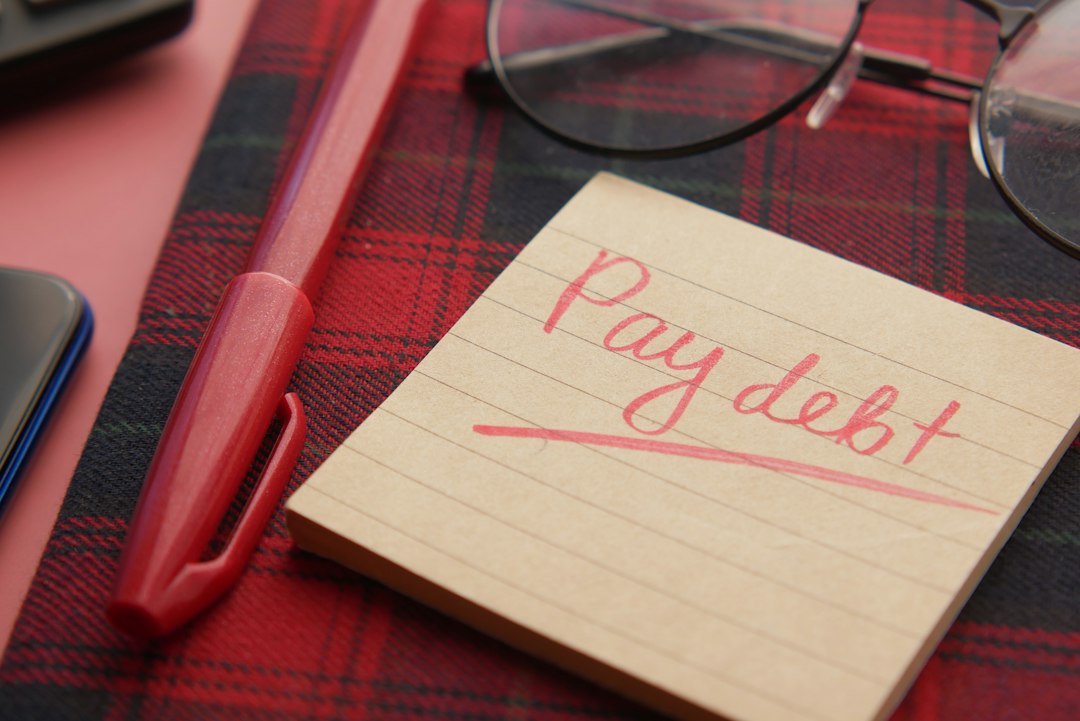Entertainment
Get Rid of Debt With These Practical Financial Tips

Debt is a heavy burden, affecting your financial well-being and overall quality of life. Whether it’s credit card debt or other financial obligations, finding effective strategies to eliminate debt is crucial for achieving long-term financial freedom.
This comprehensive guide will explore practical and actionable tips to help you eliminate debt and regain control of your financial future.
Assessing Your Debt
The first step to overcoming debt is understanding the full scope of your financial obligations. List all your debts, including outstanding balances, interest rates, and minimum monthly payments.
Creating a detailed debt inventory provides a clear snapshot of your financial situation, enabling you to formulate a targeted and effective debt repayment plan. Not all debts are created equal. Categorize your debts into different types, such as high-interest credit card debt and student loans, as well as mortgages. Prioritize tackling high-interest debts, which can accumulate quickly and become a significant financial burden.
You can also try to refinance credit card debt to lower interest rates, making it more manageable to pay off. Many financial institutions offer balance transfer options or personal loans at lower interest rates than credit cards, allowing consolidation and streamlining your debt.
Building a Budget
Building a budget is a fundamental aspect of effective financial management. Monitor your monthly income and categorize your expenses. Identify areas where you can cut back and allocate more funds towards debt repayment.
Budgeting helps you stay organized and provides a roadmap for achieving your financial goals. Having a financial safety net is necessary to prevent unexpected expenses from derailing your debt repayment plan.
Aim to save at least three to six months’ living expenses in an emergency fund. This cushion allows you to handle unforeseen financial challenges without additional debt.
Developing a Debt Repayment Strategy
The snowball method encompasses paying off the smallest debt first while making minimum payments on more significant debts. Once the smallest debt is all paid off, the freed-up money is directed towards the next smallest debt.
This approach delivers a psychological boost as you witness tangible progress, motivating you to continue the debt repayment journey. Contrary to the snowball method, the avalanche method encompasses paying off debts with the highest interest rates first.
By tackling high-interest debts early on, you minimize the total interest paid over time. While it may take longer to see individual debts fully paid, the avalanche method is more cost-effective in the long run.
Consider consolidating high-interest debts into one, lower-interest loan. This can simplify repayment by combining multiple debts into one monthly payment. Debt consolidation options include personal loans, balance transfer credit cards, or home equity loans.
However, it’s necessary to carefully evaluate the terms and fees associated with consolidation to ensure they align with your financial goals.
Increasing Your Income
Supplementing your primary income with additional streams can expedite the debt repayment process. Explore opportunities such as freelancing, part-time work, or a side business. Earnings from these ventures can be directly allocated towards debt repayment, accelerating your progress.
Advocate for your professional growth within your current job. Negotiating a raise or seeking a promotion can significantly boost your income, providing more financial resources for debt repayment. Present your achievements and contributions to make a compelling case for increased compensation.
Negotiating with Creditors
If it’s challenging to meet your debt obligations, don’t hesitate to communicate openly with your creditors. Many creditors are willing to work with you to find a feasible solution.
Open communication can pave the way for more manageable repayment terms, whether negotiating lower interest rates, setting up a revised payment plan, or exploring debt settlement options. If negotiating with creditors proves challenging, consider seeking professional assistance.
Credit counseling agencies can aid you in developing a debt management plan or even negotiate with creditors on your behalf, providing financial education to empower you to manage your debt more effectively.
Cultivating Financial Habits for the Future
Getting rid of debt is not only about repayment but also about cultivating sustainable financial habits. Learn to differentiate between needs and wants and prioritize responsible spending.
By adopting a mindful approach to your finances, you can avoid accumulating unnecessary debt. As you work towards debt freedom, allocate a portion of your budget towards savings and investments. Building a savings habit ensures you have funds for future goals and emergencies, reducing the reliance on credit during unforeseen circumstances.
Additionally, consider exploring investment opportunities to grow your wealth over time.
Getting rid of debt requires a strategic and disciplined approach to personal finance. By assessing your debt, building a budget, developing a debt repayment strategy, increasing your income, negotiating with creditors, and cultivating responsible financial habits, you can pave the way to financial freedom.
Remember, the journey to becoming debt-free is a marathon, not a sprint. Stay committed, celebrate small victories, and empower yourself with the knowledge and habits to secure a financially sound future. Your path to debt freedom starts with the first step – take it today.
The post Get Rid of Debt With These Practical Financial Tips appeared first on Zac Johnson.



